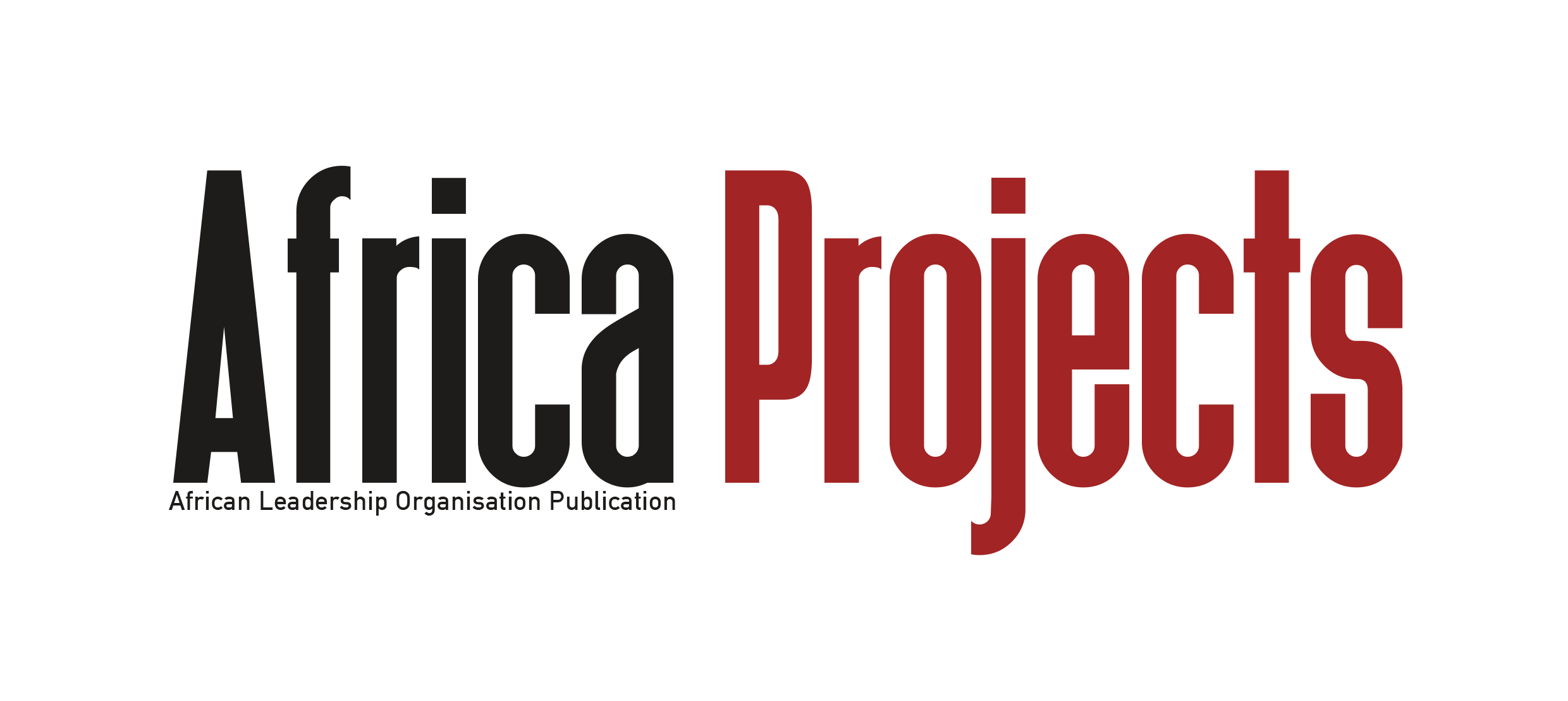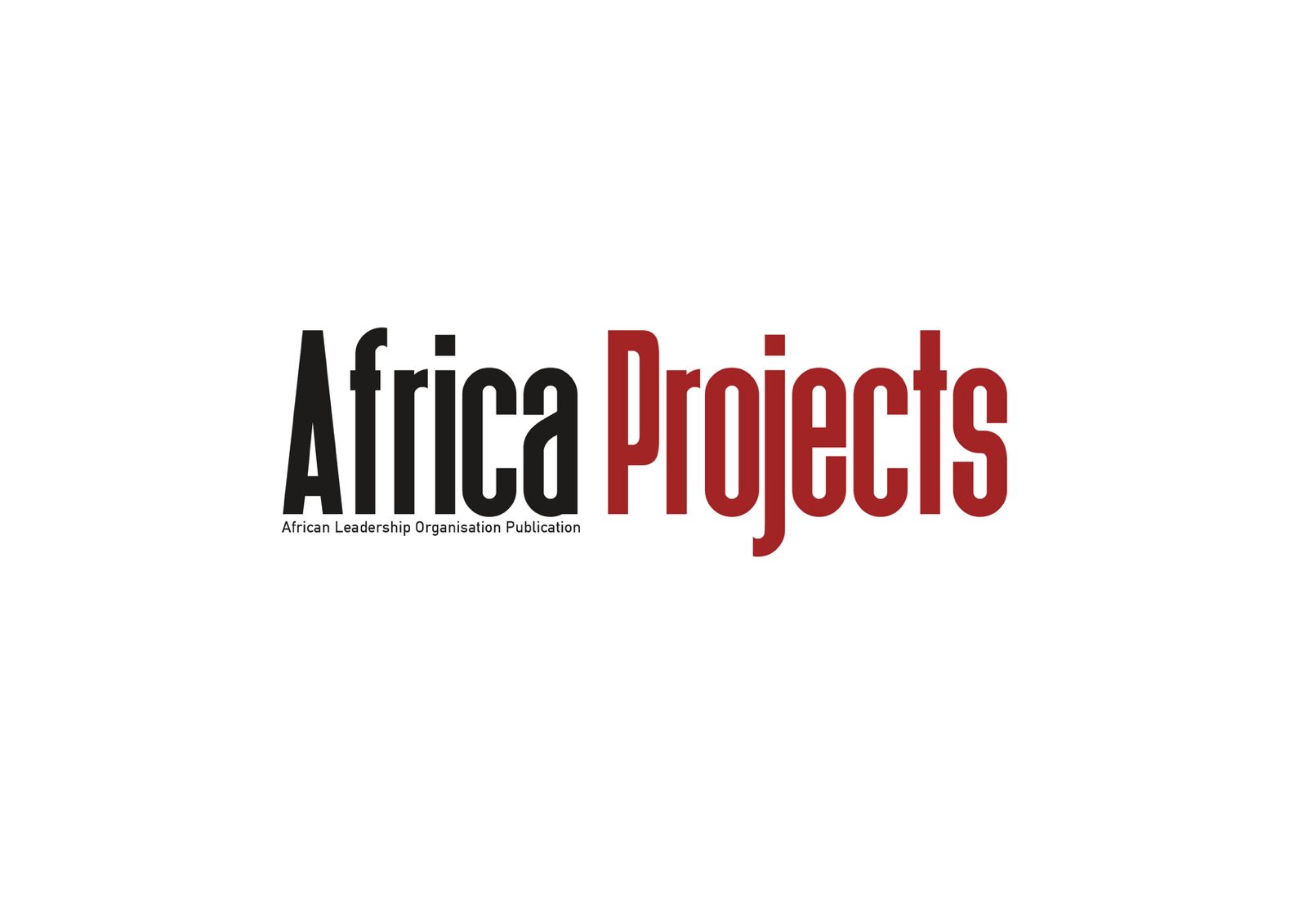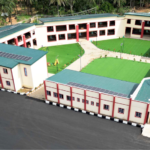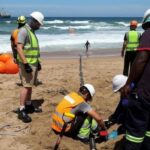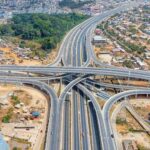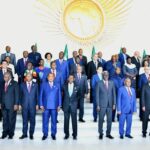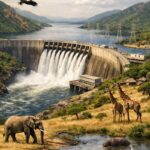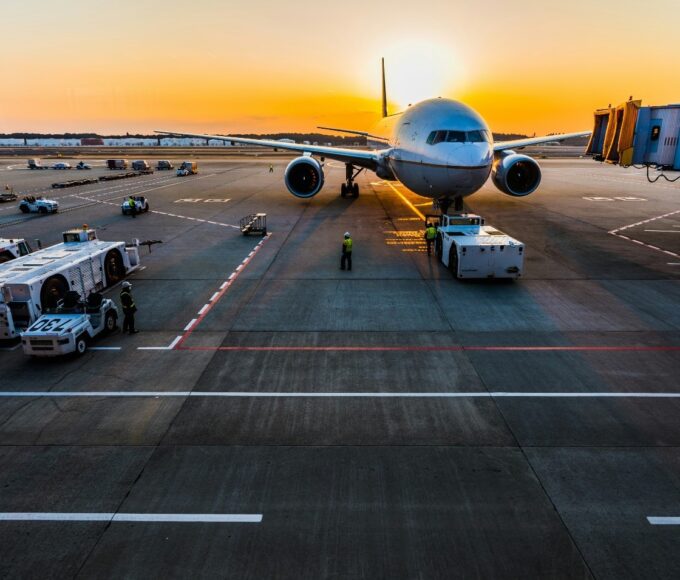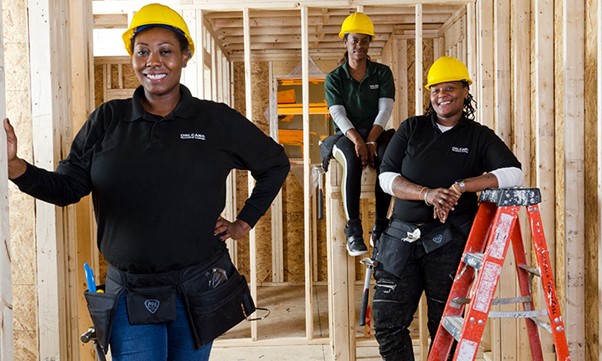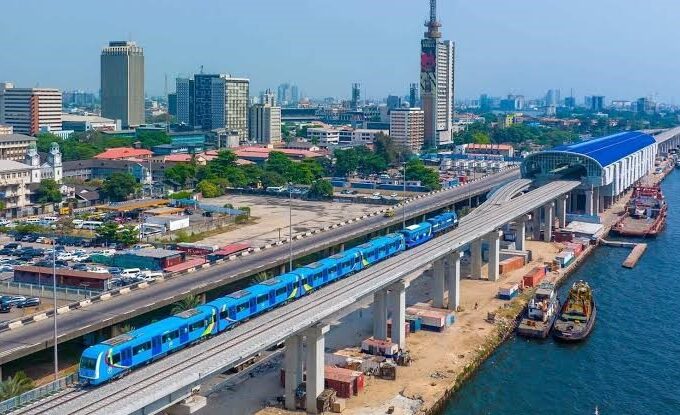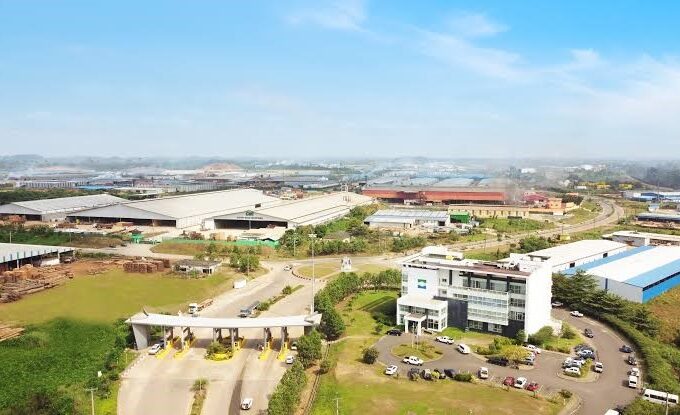- Home
- Features
- Startup Zone
- Projects
- Policies
- Shop
- Policies
- Projects
- Startup Zone
- Country Spotlight
- Analysis
- Tech
- Policies
- Projects
- Startup Zone
- Country Spotlight
- Analysis
- More
- Beyond the Kalashnikov: Africa’s Shift Toward Technology-Driven Warfare
- Afrail Express: Uniting a Continent on Rails
- AFRICA’S ENERGY CORRIDORS: CONNECTING POWER, PEOPLE, AND PROSPERITY
- Startup Lions Campus: Empowering Kenya’s Digital Generation
- L’Art de Vivre’s Le Paradis de Mahdia: Tunisia’s Model for Sustainable Luxury
- The Lobito Corridor: Rewiring Africa’s Trade Arteries Through Strategic Infrastructure
- AFRICA’S GREEN ENERGY TRANSITION: A BEACON OF HOPE FOR CLIMATE ACTION
- Dangote Refinery: Showcasing Africa’s Project Success Story
- AFRICA GREEN ECONOMY: ALL YOU NEED TO KNOW
- The Most Important Amicus Brief in the History of the World
- The Rise of Indigenous UAVs: Africa’s Drone Capabilities in Warfare and Surveillance
- AFRICA’S LARGEST OIL PRODUCERS: A COMPREHENSIVE OVERVIEW
- Beyond the Kalashnikov: Africa’s Shift Toward Technology-Driven Warfare
- Afrail Express: Uniting a Continent on Rails
- AFRICA’S ENERGY CORRIDORS: CONNECTING POWER, PEOPLE, AND PROSPERITY
- Startup Lions Campus: Empowering Kenya’s Digital Generation
- L’Art de Vivre’s Le Paradis de Mahdia: Tunisia’s Model for Sustainable Luxury
- The Lobito Corridor: Rewiring Africa’s Trade Arteries Through Strategic Infrastructure
- AFRICA’S GREEN ENERGY TRANSITION: A BEACON OF HOPE FOR CLIMATE ACTION
- Dangote Refinery: Showcasing Africa’s Project Success Story
- AFRICA GREEN ECONOMY: ALL YOU NEED TO KNOW
- The Most Important Amicus Brief in the History of the World
- The Rise of Indigenous UAVs: Africa’s Drone Capabilities in Warfare and Surveillance
- AFRICA’S LARGEST OIL PRODUCERS: A COMPREHENSIVE OVERVIEW
- Beyond the Kalashnikov: Africa’s Shift Toward Technology-Driven Warfare
- Afrail Express: Uniting a Continent on Rails
- AFRICA’S ENERGY CORRIDORS: CONNECTING POWER, PEOPLE, AND PROSPERITY
- Startup Lions Campus: Empowering Kenya’s Digital Generation
- L’Art de Vivre’s Le Paradis de Mahdia: Tunisia’s Model for Sustainable Luxury
- The Lobito Corridor: Rewiring Africa’s Trade Arteries Through Strategic Infrastructure
- Startup Zone
Top Insights

Afrail Express: Uniting a Continent on Rails
As Tunisia navigates both democratic fragility and regional unpredictability, the stability provided by a disciplined and modernising military is indispensable.
From the sands of the Sahara to the cities of the Cape, and from the Nile Valley to the shores of the Atlantic, a bold new vision is sweeping across Africa—Afrail Express, the continent’s most ambitious infrastructure project yet. This proposed high-speed rail network is set to connect 80% of Africa’s population across more than 30 countries, stretching from Morocco to South Africa, and Nigeria to Egypt. With an estimated economic impact of over $5 trillion, the Afrail Express is not just a transportation revolution; it is a generational leap in African unity, trade, and prosperity.
Conceived under the African Union’s Agenda 2063 and championed by both public and private stakeholders, Afrail Express aims to reimagine Africa’s economic geography, break logistical bottlenecks, and bridge physical, political, and economic divides that have long stifled intra-African commerce and cooperation.
Africa’s vast size and fragmented infrastructure have historically constrained its growth. Trade among African nations remain disproportionately low—less than 20% of total exports—due largely to poor connectivity and high transport costs. The Afrail Express seeks to reverse this reality by:
- Linking Megacities and Markets: Creating direct high-speed links between major urban and industrial hubs.
- Facilitating Free Trade: Enabling the African Continental Free Trade Area (AfCFTA) to reach its full potential.
- Reducing Travel Time: Slashing cross-border passenger and freight transport time from weeks to hours.
- Fostering Mobility: Promoting labour movement and tourism within the continent.
With routes crisscrossing key economic zones—North, West, Central, East, and Southern Africa—the Afrail Express would become the physical spine of Africa’s integration.
The Afrail Express is envisioned as a high-speed rail system using state-of-the-art electrified trains capable of speeds up to 300 km/h. Once completed, the network could span over 30,000 kilometres, rivalling some of the world’s most advanced rail systems.
Key project components include:
- Transcontinental Rail Lines: Connecting key axes such as Lagos–Cairo, Casablanca–Cape Town, Dakar–Mombasa.
- Intermodal Logistics Hubs: Linking rail to ports, roads, and airports for seamless trade.
- Advanced Signalling and AI Operations: Utilising smart systems for safety, efficiency, and predictive maintenance.
- Green Mobility Standards: Powered by renewable energy sources, reducing carbon emissions across the continent.
The project’s phased development strategy prioritises high-traffic corridors and strategic economic zones, with initial segments planned in West Africa, East Africa, and the Maghreb region.
Economic Impact: Laying the Tracks to a $5 Trillion Opportunity
Afrail Express is more than transport—it is an economic catalyst. Its projected $5 trillion impact derives from increased productivity, expanded trade, infrastructure-led job creation, and enhanced market access.
Expected economic dividends include:
- Intra-African Trade Surge: Enabling efficient movement of goods across borders to reduce costs by up to 50%.
- Job Creation: Millions of jobs across rail construction, operations, logistics, hospitality, and ancillary services.
- Urban Development: Stimulating the rise of new cities and commercial hubs along the rail corridors.
- SME Empowerment: Enabling small businesses to scale and access new markets with ease.
- Tourism Expansion: Promoting intercontinental tourism through seamless rail travel.
With a growing middle class and rising demand for modern infrastructure, Afrail Express is poised to accelerate Africa’s transition from an extraction-based economy to one powered by knowledge, innovation, and regional consumption.

The African Infrastructure Awakening
Afrail Express fits into a broader continental renaissance in infrastructure development. It complements other transformative projects such as:
- The Lobito Corridor (Angola–DRC–Zambia), unlocking mineral exports.
- LAPSSET Corridor (Kenya–Ethiopia–South Sudan), enhancing East African connectivity.
- Tangier–Casablanca High-Speed Rail (Morocco), Africa’s first operational bullet train.
- Grand Inga Hydropower Project (DRC), designed to power industrial corridors across the continent.
Together, these initiatives signal a new Africa—one where vision and execution are aligned for continent-wide transformation.
With Africa’s importance rising in global supply chains and climate solutions, Afrail Express has attracted significant international interest. Backers and collaborators include:
- African Union (AU): Policy and coordination under Agenda 2063.
- African Development Bank (AfDB): Financing and technical support.
- Sovereign Wealth Funds & Pension Funds: Long-term infrastructure investment.
- China, the EU, and the U.S.: Competing to support African-led infrastructure for strategic influence.
Yet, the core strength lies in African ownership. With a mix of public-private partnerships, digital innovation, and political consensus, the project is no longer a dream deferred—it is a vision in motion.
The scale of Afrail Express brings inevitable challenges:
- Financing Gaps: A multi-trillion-dollar project needs strong financial models and blended capital sources.
- Cross-Border Harmonisation: Legal, technical, and policy differences across countries must be reconciled.
- Security Risks: Certain regions remain prone to instability, requiring protection of infrastructure assets.
- Governance and Accountability: Transparent procurement, corruption resistance, and local capacity-building are essential.
However, with a shared continental vision, strong leadership, and grassroots support, these barriers are being addressed proactively.
Afrail Express is not just a railway—it is a declaration of intent. It reflects Africa’s confidence to plan and execute continental megaprojects, inspired by unity and driven by shared prosperity.
As the tracks begin to stretch across savannahs, deserts, and valleys, the project embodies a future where an African entrepreneur in Lagos can ship to Cairo by train, where students can study abroad via rail, and where a family vacation from Morocco to South Africa becomes a high-speed adventure.
In a world racing toward connectivity, Afrail Express ensures Africa is not left behind—but races ahead, united by rails, and driven by hope.
Recent Posts
Related Articles
Airports in Transformation: Ethiopia’s Vision for Bole
Ethiopia is charting an ambitious course to elevate its status as Africa’s...
ByafricaprojectAugust 13, 2025Women in South African Construction: Progress and the Road to Equality Ahead of Women’s Day 2025
As South Africa approaches National Women’s Day on August 9, 2025, there’s...
Byadmag_adminJune 12, 2025TOP 5 MEGA CITIES IN AFRICA
Africa is home to some of the fastest-growing cities in the world....
Byadmag_adminJune 12, 2025From Vision To Value: How Africa’s Special Economic Zones Are Powering Industrialisation
The signs of an industrial revolution, driven by the strategic development of...
Byadmag_adminJune 11, 2025